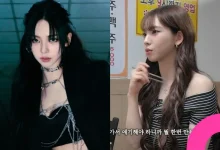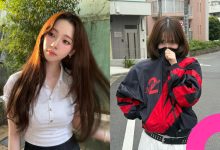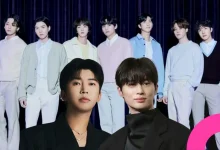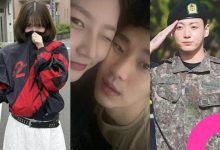K-Pop Stars Karina and Lim Young Woong Face Political Backlash Amid Election Season
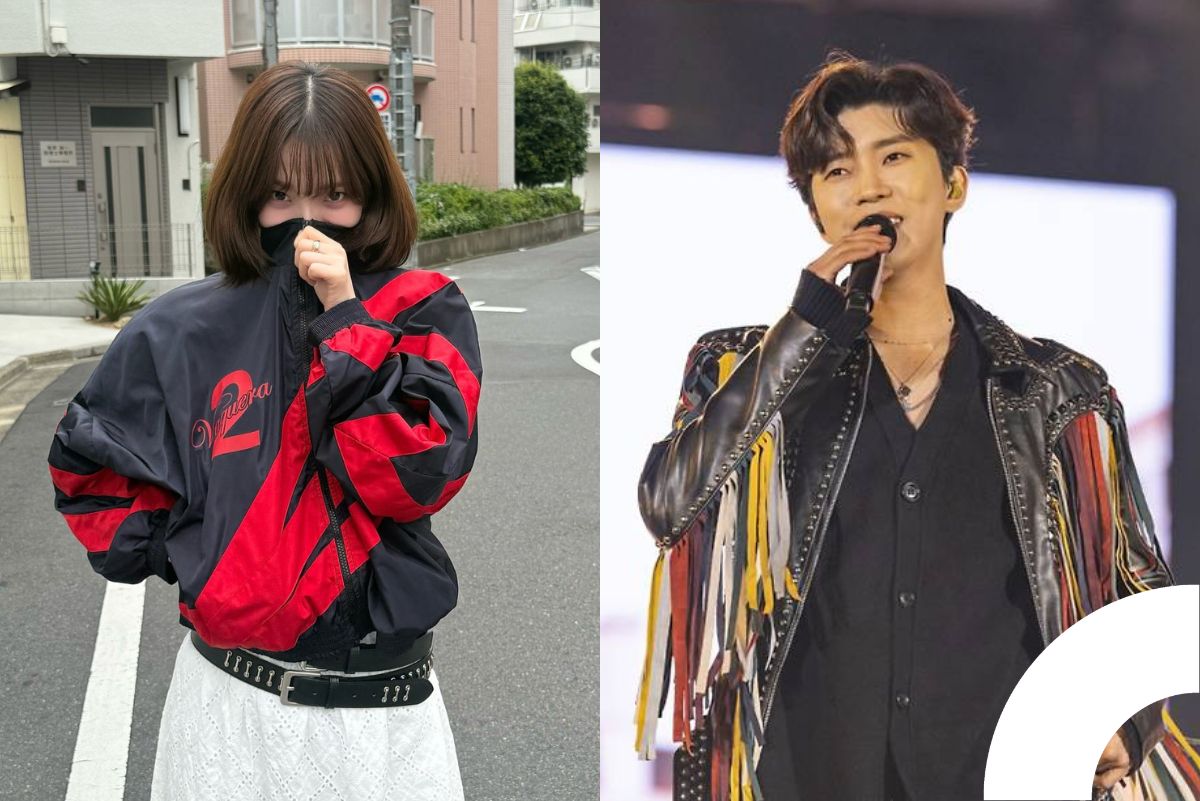
In South Korea, where politics and pop culture often intersect, K-pop idols are under intense scrutiny during election seasons. Recently, two prominent figures, Karina of aespa and trot singer Lim Young Woong, have faced backlash over actions perceived as politically charged.
Karina’s Controversial Instagram Post
In the recent June 3rd presidential election, aespa’s Karina found herself tagged as the “People Power Party ambassador”. She posted a photo on her personal social media wearing a red and black jacket with the number “2” printed in red. SM Entertainment explained “It was just a casual post with no specific intention or purpose”, but public sentiment appeared largely unchanged.
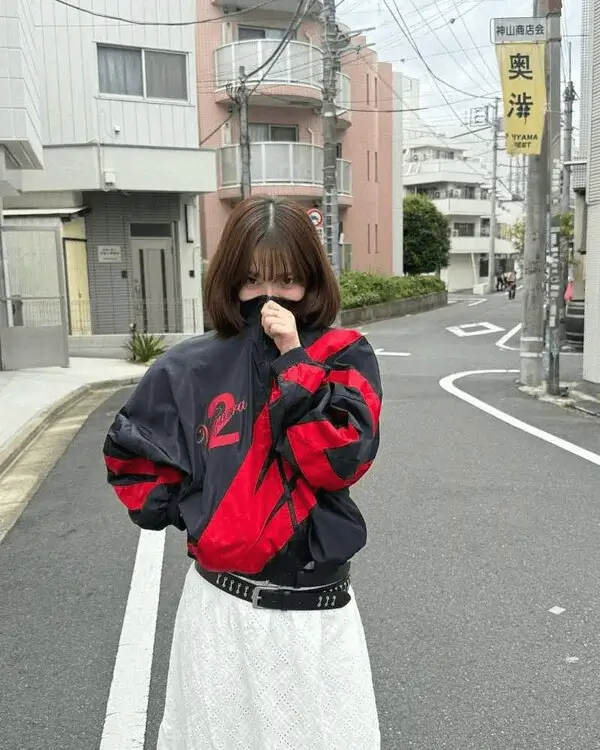
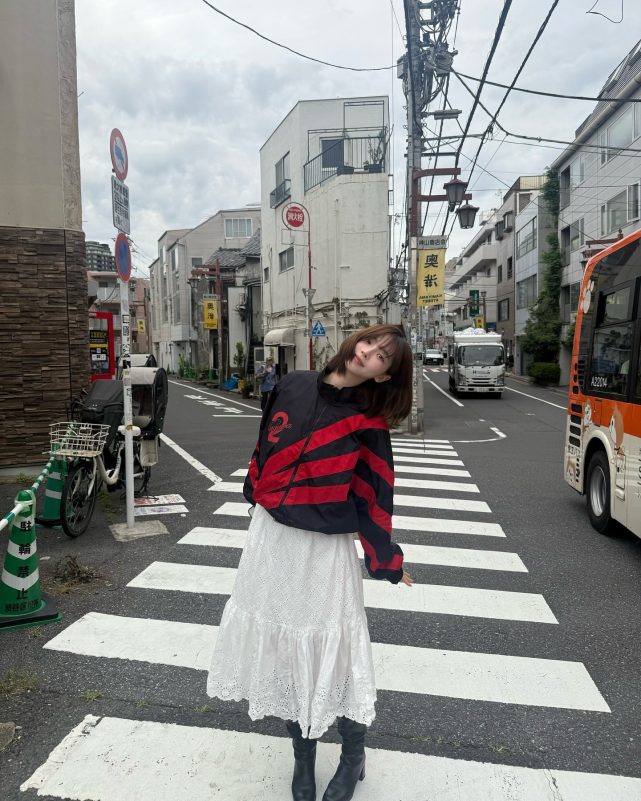
Lim Young Woong’s DM Controversy
In December 2024, amid political unrest following President Yoon Suk Yeol’s impeachment proceedings, Lim Young Woong faced criticism for his response to a fan’s direct message. The fan questioned his silence during the political turmoil, to which Lim replied, “Am I a politician? Why should I speak out?” This response was deemed dismissive by many, leading to a significant backlash. Lim addressed the controversy during a concert later that month, expressing regret for causing concern but stopping short of a direct apology.
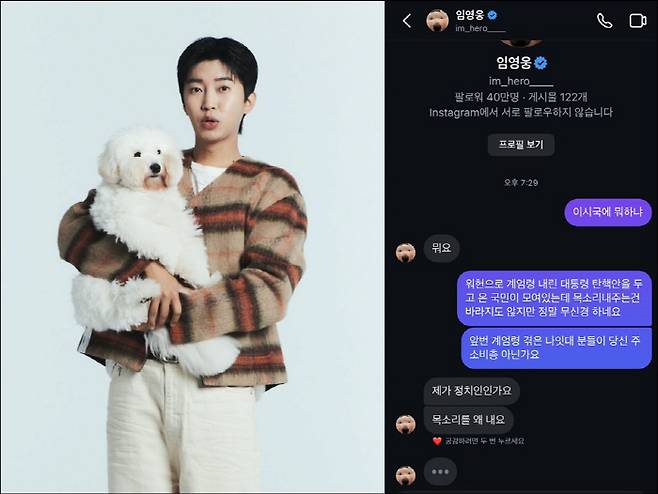
The Broader Implications
These incidents highlight the delicate balance K-pop idols must maintain between personal expression and public perception. During politically sensitive times, even seemingly innocuous actions can be interpreted as endorsements or oppositions. The expectation for celebrities to remain apolitical is strong, yet their influence makes complete neutrality challenging.
As South Korea continues to navigate its political landscape, the entertainment industry remains a focal point for discussions on freedom of expression, responsibility, and the role of public figures in political discourse.
